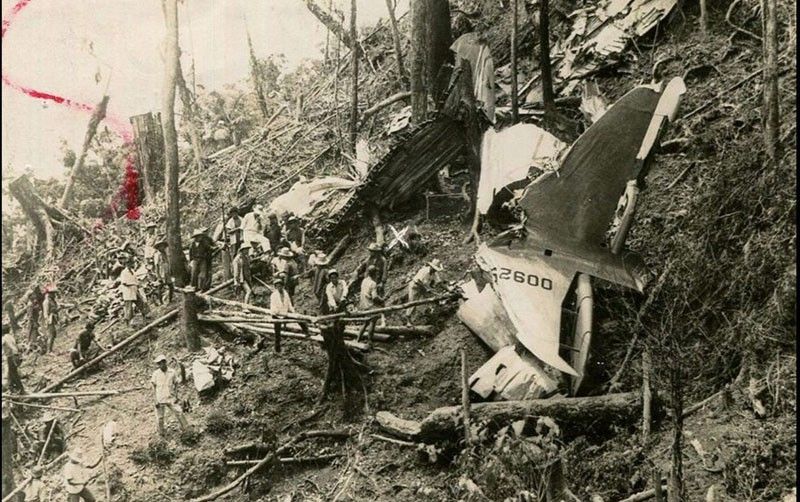Of unexpected departures


There’s a meme that went around the Internet on the day Kobe Bryant died that read: “Today taught me that something as simple as you and your family leaving home and returning safe is such an underrated blessing.”
That day, Kobe left home with his 13-year-old daughter Gianna to go to a basketball game. Who would have thought that they would never come back alive? If I am grieving so deeply for their family, and the families of the others in the helicopter crash, it’s because it is all too familiar to me and my siblings.
Sixty-three years ago, our father left home on a Saturday morning to fly to Cebu with President Ramon Magsaysay, saying he’d be back on Sunday. He did, but only three or four days after, in a shiny bronze casket that was sealed and draped with a Philippine flag. I was 10 years old and not quite ready to understand and accept what had happened.
I never saw my father dead. In my child’s mind, he just went away. Until I was a grown woman, I would have dreams of him appearing at our door.
As I followed the story of Kobe’s demise, I found some things in common with my Dad’s passing. He was only 41. My Dad was 41 when he perished, like Kobe, in a ball of fire in an airplane crash. Kobe was a dedicated father who adored his four daughters. My Dad made every one of his children feel that she and he was his favorite.
My heart broke at the thought that his daughter died with him. What was it like knowing that one’s child was in danger of losing her life as the helicopter spun out of control after hitting a lonely hillside in Calabasas? I thought of his wife, Vanessa, and their three other kids, ages 17, four and seven months. How are they coping with this loss? How would they deal with the gaping hole in their hearts left by Kobe’s and Gianna’s sudden and total absence? To lose a husband and father is bad enough, but to lose a daughter and sister at the same time? The idea is beyond comprehension.
All of a sudden, inexplicably, I was 10 years old again. I cried out loud, my heart wracked with pain, relieving the agony of losing my Dad so suddenly. I was again a lost child going through silent empty rooms in our house, looking for solace that summer after Dad died. My older siblings had been sent to Surigao to vacation with our cousins, but I stayed home with the younger kids to be with our grieving Mom. It was the saddest summer of my life.
It has been 63 years since my Dad died. I thought I had gotten over the loss. It took over 40 years for me to stop missing him physically at Christmastime. And five years ago, when my siblings and I went up the mountain in Cebu where the crash occurred and saw parts of the plane and the names of the victims etched in a shrine put up haphazardly by a civic organization, I thought that the tears I shed there over the loss of my Dad would be the last.
But the sorrow I felt over the tragic losses suffered by the Bryant and other families involved in the crash triggered the hurt once more, and I was back in our house on Boston Street on that day in March 1957 when my world collapsed and left a gaping wound in my heart that apparently has not completely healed.
My friend Cathy, who is a grief counselor, said that the pain over the loss of a father early in a girl’s life has a profound effect on a child, and never really goes away. My father’s death has defined my choices, values and standards as an adult. Having known him only in perfection, before he could be truly human in my eyes, I have had difficulty dealing with the humanity of those who are less than perfect. And damn it, I still miss him.
That tragic crash has made people realize that “something as simple as you and your family leaving home and returning safe is such an underrated blessing.” It is a blessing I have constantly prayed for since the unexpected departure of the first man in my life.



















